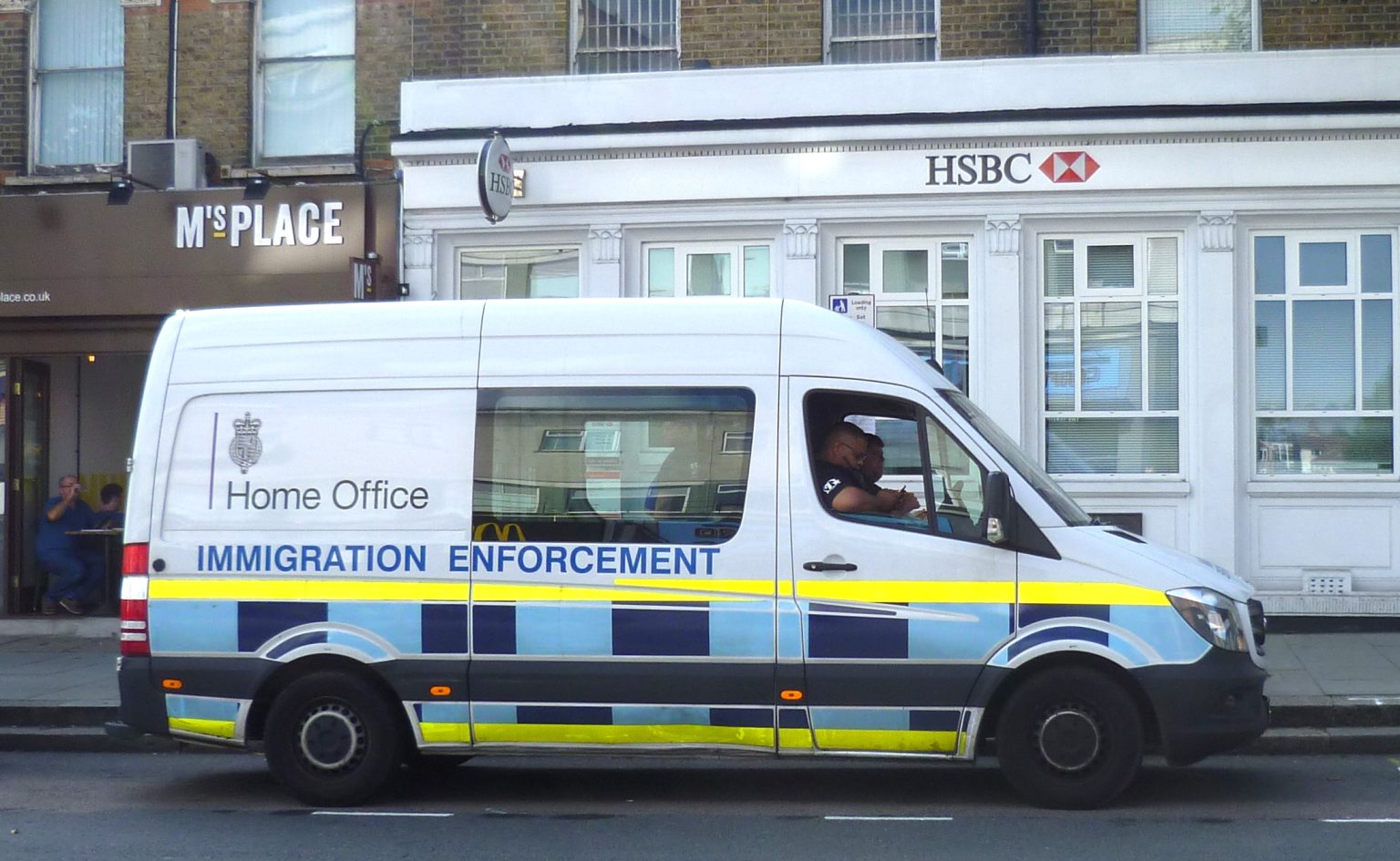A Sri Lankan asylum seeker accused of recruiting child soldiers for the Tamil Tigers has won the right to remain in the UK after British judges ruled there was not enough evidence to support the claims.
The man, who cannot be named for legal reasons, had previously been denied asylum in France, where a court found grounds to exclude him under international law due to suspected involvement in war crimes.
In Britain, the Home Office also attempted to block his asylum claim, arguing that he had enlisted children under the age of 15 to fight for the Liberation Tigers of Tamil Eelam (LTTE), a banned militant group involved in Sri Lanka’s decades-long civil war.
Read Also:
UK passport fees to rise by nearly 7%, Home Office confirms
Starmer vows to slash immigration numbers amid farage pressure
Nigerians among top migrants as UK cuts immigration by 50%
However, the UK’s Upper Tribunal of the Immigration and Asylum Chamber has now rejected the government’s appeal, allowing the man to remain in the country as a recognised refugee.
The ruling brings an end to a lengthy legal battle in which the Home Office repeatedly sought to deport the asylum seeker based on evidence gathered by French authorities and allegations about his past activities.
During a hearing in London, the tribunal was told that the man had allegedly been involved with the Tamils Rehabilitation Organisation (TRO), a refugee charity that reportedly served as a front for supplying information to the LTTE. It was alleged that, in this capacity, he had helped to recruit children to fight for the Tamil Tigers.
Before arriving in the UK, the Cour nationale du droit d’asile in France found that he “ought to be excluded from a grant of asylum under Article 1F of the Refugee Convention” because of his alleged role in the recruitment of child soldiers — a recognised war crime.
When he later applied for asylum in Britain, the Home Office refused his application on similar grounds. However, in 2023, he successfully appealed to the First-tier Tribunal, which ruled that the government had failed to prove “serious grounds” that he was guilty of conscripting or enlisting children or using them in hostilities.
The Home Office then lodged an appeal, which was dismissed by the Upper Tribunal.
The decision to allow the asylum seeker to remain in Britain has sparked debate about how the UK applies international refugee law in complex cases involving alleged war crimes.
The Home Office declined to comment on the ruling.



